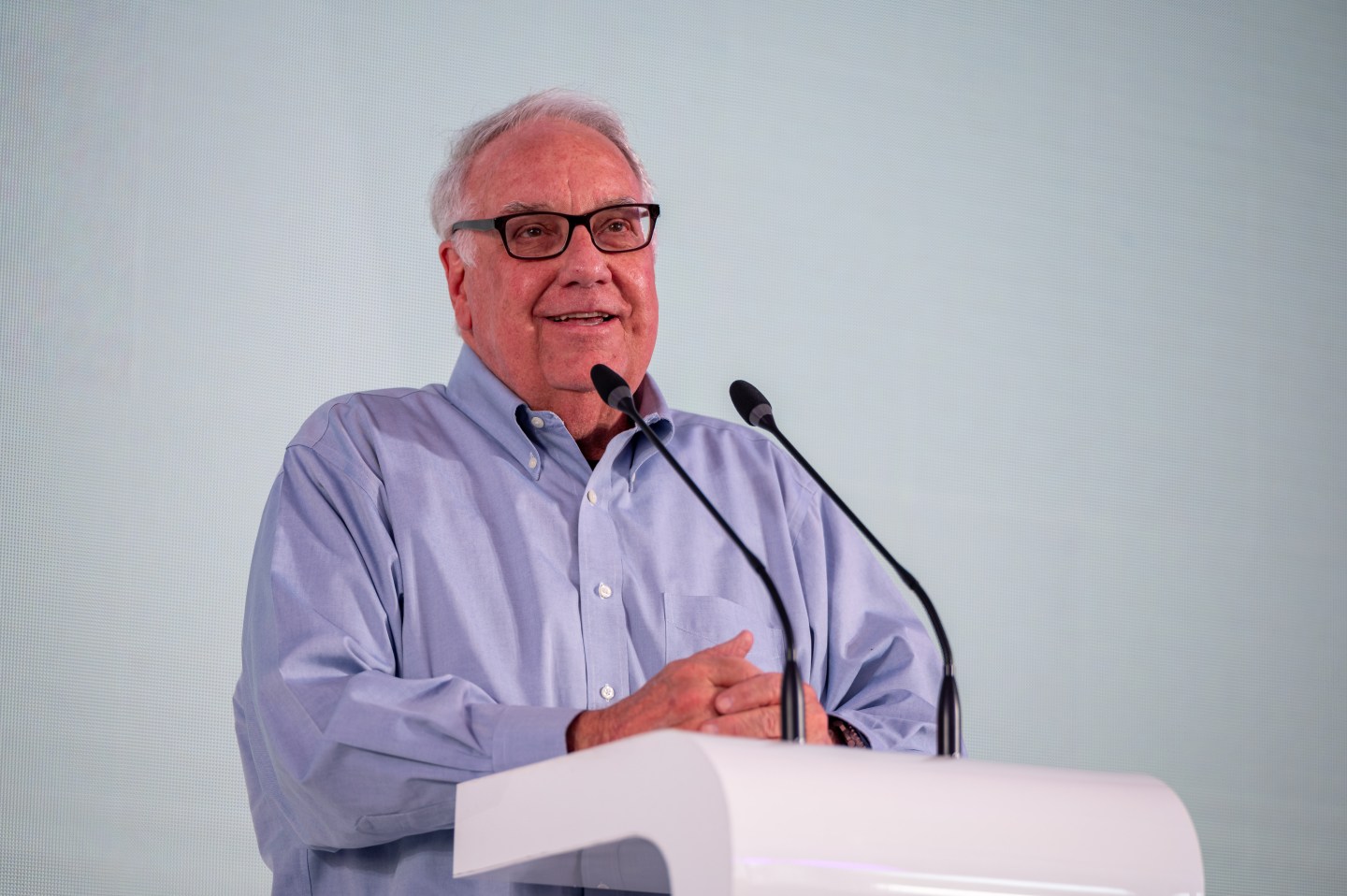Microsoft CEO Satya Nadella recently stirred up a firestorm of criticism for suggesting that silence is the key to success in the workplace—women shouldn’t ask for a pay raise or promotion but just let managers notice their good work and all will take care of itself. Though Nadella later backtracked from his remarks, it’s not just women who should take issue with that advice. It is exactly the wrong advice for everybody. It is time we all start speaking up for and at work for fairness, efficiency and mutual respect.
Just look at where “silence” has gotten us over the years.
We can start with the gap that has grown in wage and productivity growth over the past 30 years. As shown in the chart below, before that, from 1948 to about 1979, wages and productivity grew in tandem; thereby, expanding and strengthening the middle class and making it possible for baby boomers to live the American Dream of improving on the standard of living they experienced growing up. Since then, productivity rose 64.9%, and hourly compensation rose only 8.2%. The decline in the traditional vehicle for worker voice—trade unions and collective bargaining — accounts for a significant portion of this wage-productivity gap. It is clear that all workers should be speaking up at work for their collective and individual fair share of the economic progress they help produce.
Or consider the one-third of the unemployed workforce that has been out of work for a half a year or more. They need to speak up for a job of any kind. Instead, the algorithms built into those omnipresence online application screens kick out the long-term unemployed regardless of their potential. They never get to speak up for themselves in a personal interview.
Consider young workers entering the labor force for the first time in these five years since the end of the recession. They see the economy doing great—for Wall Street in the form of rising stock market; for firms in the form of record profits. But given labor force growth we still are 6 million jobs short of the number needed to get back to the employment levels we had prior to the Great Recession. Yet too many firms choose to use their earnings to boost their stock prices by buying back their own shares rather than investing in ways that will grow their businesses and create jobs. And Congress refuses to do what the vast majority of economists and other independent experts know would generate the needed good jobs and produce high long-term returns to the economy—invest in repairing America’s deteriorating infrastructure and in education strategies that would prepare the next generation workforce to compete in the global economy.
Instead, young workers have to take unpaid or poorly paid “internships” to get started. Too many well educated workers find their first jobs as temps or in full-time jobs that don’t allow them to put their human capital to work. Even some good paying high-tech firms sub-contract their initial hires to third- party contractors as a way of avoiding paying health care insurance and making it easier to terminate people after a probationary period. Who is speaking up for these young people?
It is time we all speak up for good work. Take a lesson from a young African American union leader who represents low wage hospitality industry workers. He responded to a question from one of my MBA students who asked what advice he would have for them as future managers and corporate leaders: “Respect work—no matter what work people do. If you do that you will respect the worker as well and treat him or her fairly.” A simple lesson—worth following by all.
This is why I’m embarked on a project to encourage people to speak up about work—so individually and together we can bring good old American values of fairness, respect, and human decency to bear in shaping the future of work for the next generation. Stay tuned for a series of ideas on what we can do and join the effort by letting me know what you think we can do to speak up for and at work!
Thomas A. Kochan is a professor of industrial relations, work, and employment at the Massachusetts Institute of Technology’s Sloan School of Management. He is author of the book, Restoring the American Dream: A Working Families’ Agenda for America.













